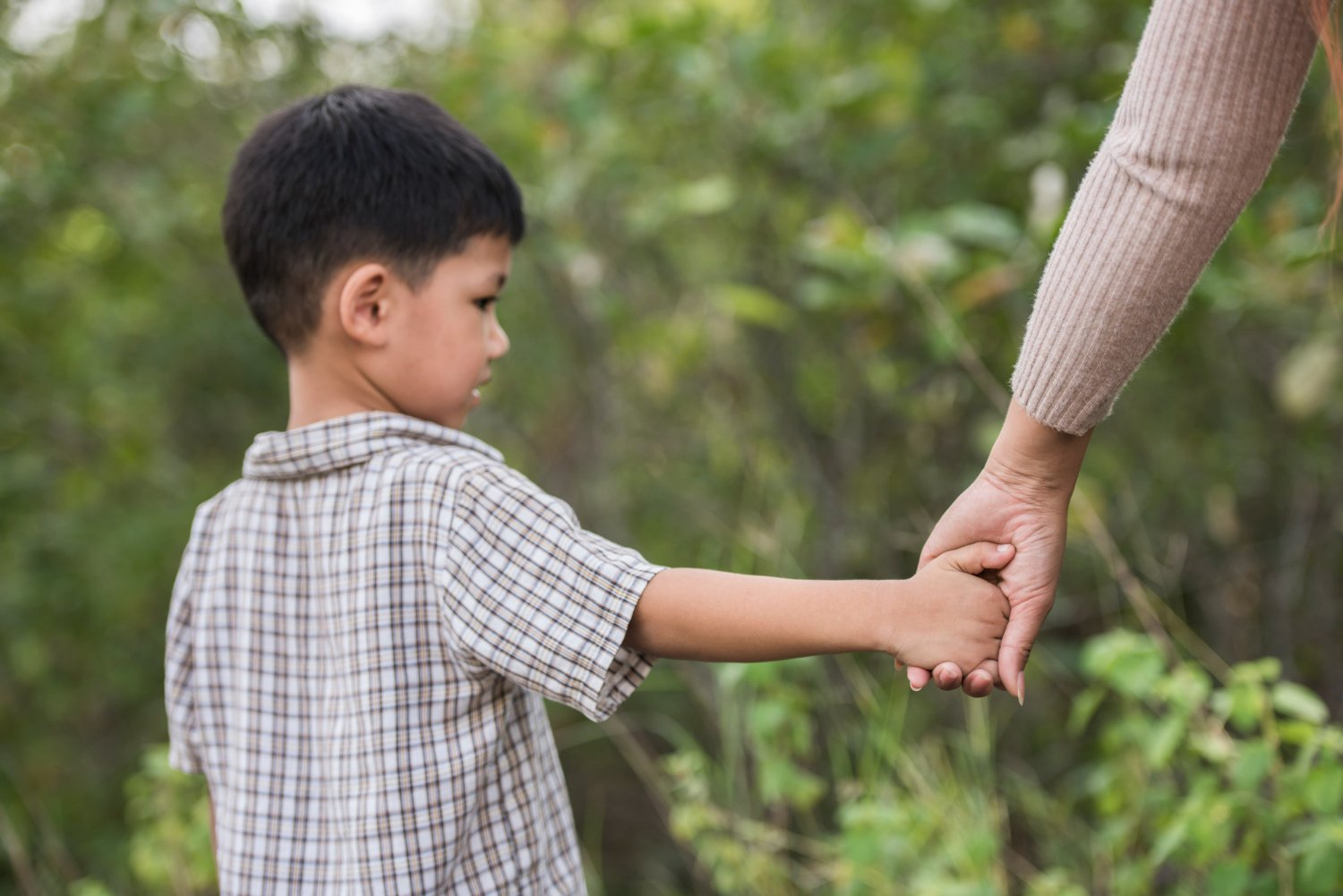The Night I Canceled a Date to Watch Paw Patrol… Again
Let me start with a confession: The first time I went on a date after my divorce, I cried in my car for 20 minutes before driving to the restaurant. Not because I missed my ex. Not because I was nervous about the date. But because leaving my 4-year-old with a babysitter felt like I’d stamped “BAD MOM” on my forehead.
Sound familiar?
Guilt is the uninvited third wheel on every single mom’s dating journey. It whispers:
- “You’re neglecting your child.”
- “Who do you think you are, wanting happiness?”
- “Your kids should be your ONLY priority.”
But here’s the truth I’ve learned (the hard way): Guilt doesn’t protect your child—it drains you. And when you’re running on empty, you can’t show up as the patient, present parent you want to be.
This isn’t just about dating. It’s about rewriting the story that says you don’t deserve joy. Let’s start.
1. “Am I Neglecting My Child?” Why Guilt Lies to You
The Myth of the 24/7 Martyr Mom
Society paints single mothers as saints—selfless, exhausted, and always putting their kids first. But saints don’t need coffee, sleep, or love… and you’re human.
The reality: Kids thrive when their parents are whole, not just “sacrificial.” Studies show children of single parents benefit from seeing their parent model healthy relationships and self-care (Source: APA).
Try this reframe:
- Neglect = Ignoring your child’s needs consistently.
- Self-care = Taking 3 hours a week to recharge so you can parent better.
Storytime: My friend Jen hired a sitter every Thursday night—not for dates, but to sit at Starbucks and read fiction. Her son? He started calling it “Mom’s Adventure Night” and proudly told his teacher, “My mom’s a superhero who fights stress!”
2. “Wanting Love Feels Selfish” – How to Silence the Shame
Where the Guilt REALLY Comes From
That voice saying “You’re being selfish” isn’t yours—it’s recycled from:
- Judgmental relatives (“Focus on your kids, not yourself!”)
- Parenting blogs that glorify burnout culture
- Your own fear of repeating past relationship mistakes
But here’s the irony: Avoiding dating to “protect” your kids often backfires. Unexamined guilt turns into resentment, anxiety, or emotional distance—and kids sense that.
Action Step: Write a letter to your guilt. Example:
“Dear Guilt, I know you’re trying to protect me from judgment. But I’m learning that love isn’t a pie—there’s enough for my kids AND me. You can stay, but you don’t get to drive anymore.”
3. The “Guilt-Busting” Roadmap: Practical Steps to Date Without Regret
Step 1: Start Small (Like, Microscopic)
You don’t need to dive into dating apps or weekend getaways. Begin with baby steps to rebuild your comfort with self-focus:
- Swap babysitting with a friend so you can take a solo walk.
- Practice saying “I deserve this” when you spend 15 minutes on a hobby.
Pro Tip: Kids mirror your behavior. When my daughter saw me journaling, she started drawing “feelings pictures.” Now, we “check in” with ourselves every Sunday.
Step 2: Redefine What Dating Looks Like
Dating ≠ Finding a new spouse ASAP. It can be:
- Coffee chats to remember who YOU are outside of “Mom”
- Group outings (hiking clubs, book clubs) to ease into socializing
- “Practice dates” with friends to rebuild confidence
Storytime: Sarah, 36, joined a trivia team post-divorce. No romance, but she rediscovered her love of bad puns and met a single dad who’s now her gym buddy. “It’s not about replacing my kid’s dad—it’s about feeling like myself again,” she says.
Step 3: Create a “Guilt-Free Zone” Agreement With Your Kids
Age-appropriate honesty disarms guilt. Try scripts like:
- “Mommy’s going out with a friend tonight. Let’s pick a movie for you and Aunt Lisa!” (For young kids)
- “I’m dating because adults need friends too. You’re always my #1—this is just something extra for me.” (For teens)
Important: Keep introductions to partners slow and intentional. Most guilt spikes when kids feel uncertain.
4. When Guilt Shows Up Anyway: 3 Quick Coping Strategies
Even with the best plans, guilt will knock. Here’s how to answer:
1. The “5-Year-Old Test”: Ask, “If my child were grown, would they want me to put my life on hold?” Spoiler: They’d say “Go be happy, Mom!”
2. The “Friend Reframe”: What would you tell a friend who said, “I feel guilty for wanting love”? Say that to yourself.
3. The “Guilt Timer”: Let yourself feel it—but set a 10-minute limit. Cry, journal, then go call someone who makes you laugh.
5. “But What If My Child Resents Me?” – Addressing the Big Fear
Will your kid sometimes sulk when you leave? Probably. But temporary disappointment ≠ long-term harm.
What kids REALLY need:
- Consistency (“Mom always comes back”)
- Reassurance (“You’re my forever”)
- Role-modeling healthy boundaries
Storytime: Maria’s 8-year-old once yelled, “You love your boyfriend more than me!” Maria paused, then said: “Love isn’t a competition. My heart has room for both of you. Let’s plan a special day, just us.” The meltdown ended. The guilt didn’t—but it got quieter.
You’re Not “Choosing Yourself” Over Your Child—You’re Choosing BOTH
Let’s return to that night I cried in my car. I almost canceled the date. But I went… and had awful tacos with a guy who talked about his ex for an hour. Still, driving home, I realized: I survived. My kid survived. And the next date? It was better.
Your happiness isn’t the enemy of your child’s—it’s the foundation. Because when you stop punishing yourself for being human, you teach your child:
- Self-love isn’t selfish
- It’s okay to want more
- Love isn’t finite
So take the babysitter’s number. Wear the outfit that makes you feel like YOU. And if guilt creeps in? Tell it, “Thanks for caring, but I’ve got this.”





